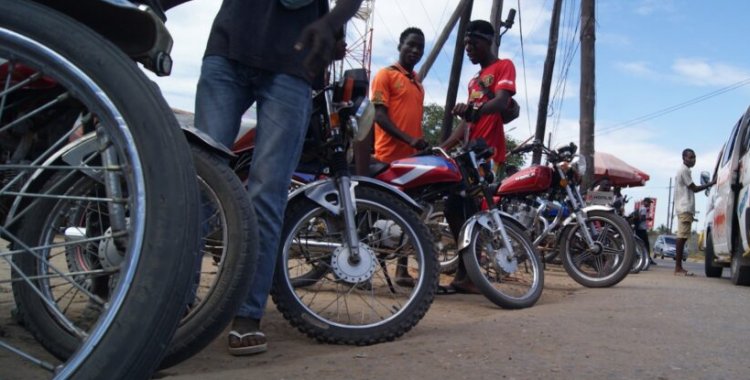The motorcycle taxi activity regime is a diploma applicable to the exercise of the activity of individual or collective remunerated transport of passengers and goods in mopeds, motorcycles, tricycles and quadricycles.
The measure, according to the communiqué of the fourth ordinary session of the Council of Ministers, guided by the President, João Lourenço, aims to respond to the "need to formalize the exercise and ordering of this activity".
"Allowing it to be carried out with the required comfort and safety and facilitating the travel of citizens, especially in areas that are difficult to access by means of regular transport", reads the note.
The exercise of the mototaxi activity has been the resource of many citizens for their locomotion, especially in areas of difficult access or to escape the car traffic in urban centers.
The meeting also considered, for submission to the National Assembly, the proposal for the General Labor Law (LGT), in which "the content of the provisions referring to the constitution, modification and termination of legal-labor relations" is "redefined".
The amendments to the LGT should provide "greater balance between the subjects of the employment contract and better adapt them to the Constitution of the Republic of Angola, to international conventions ratified by the Angolan State and to the country's socio-economic reality".
According to the authorities, the LGT proposal establishes the "obligation" to justify the need to conclude the employment contract for a fixed period, its reduction in writing and its duration limit, the introduction of special contracts in the form of telework contracts and commission work.
A draft law that creates the Regulatory Entity for Electricity Services and Water Supply and Wastewater Sanitation, an "independent administrative entity" to replace the Regulatory Institute for Electricity Services and Water Supply and Wastewater Sanitation was considered at this meeting.
The institutionalization of the body aims to "promote efficiency, protect consumers, ensure the self-financing of the service provided, implement public policies in the sector and ensure a robust and sustainable service".
The new statutes of Empresa Pública de Águas de Luanda (EPAL) were also approved at this session of the Council of Ministers.
For submission to parliament, the body considered the laws authorizing the President, as holder of the executive power, to define rules on the creation, organization, functioning and extinction of public funds and authorizing João Lourenço to proceed with the amendment to the Project's Fiscal Regime Angola LNG.







